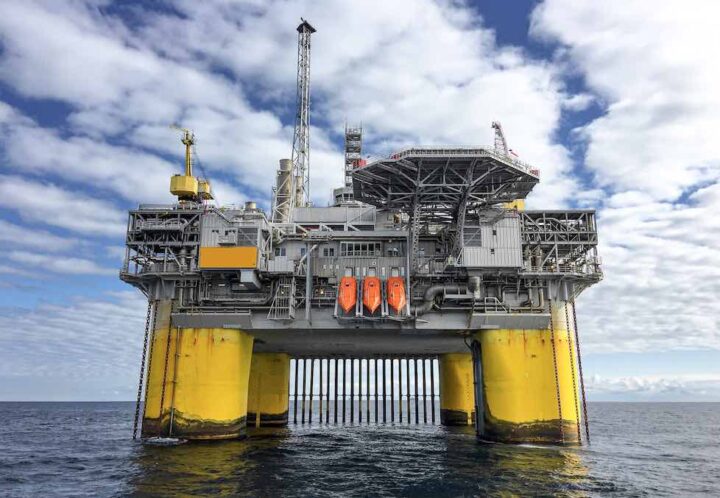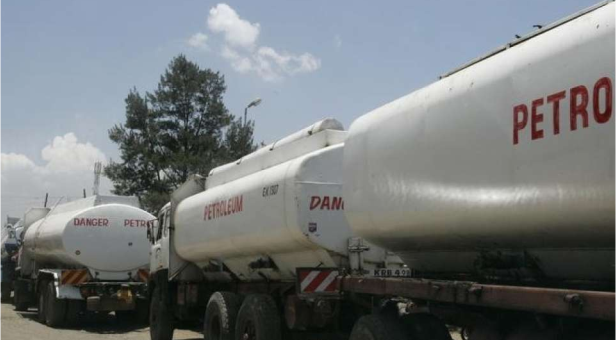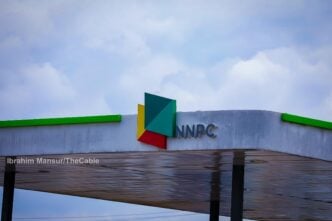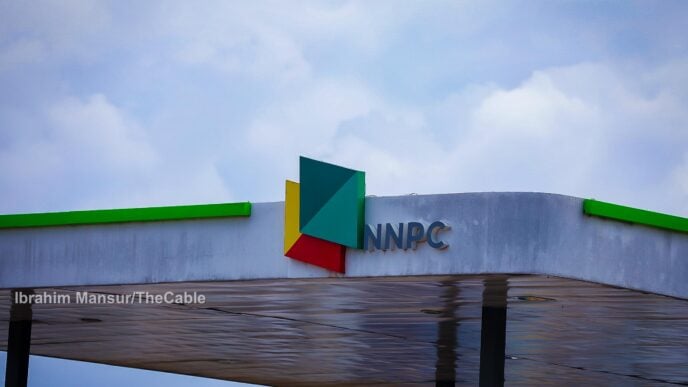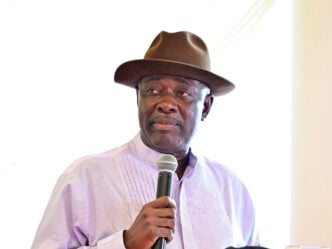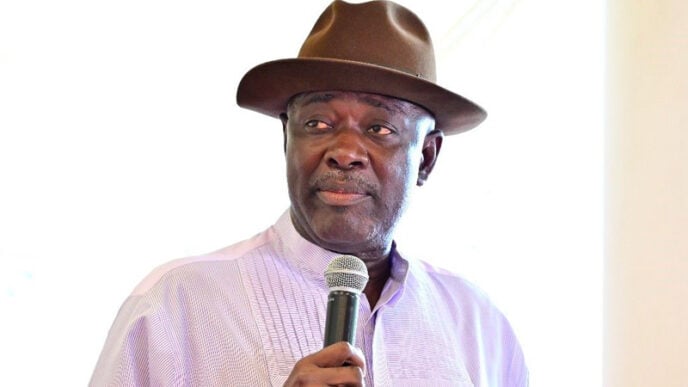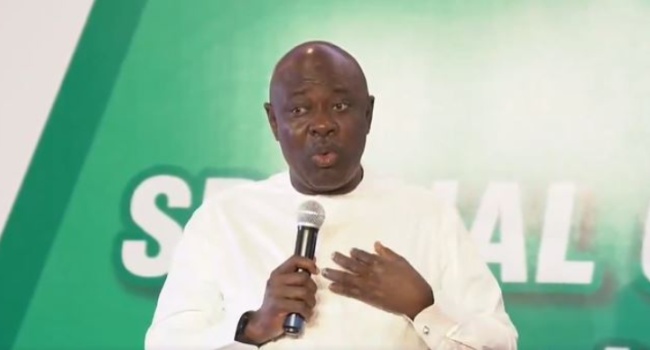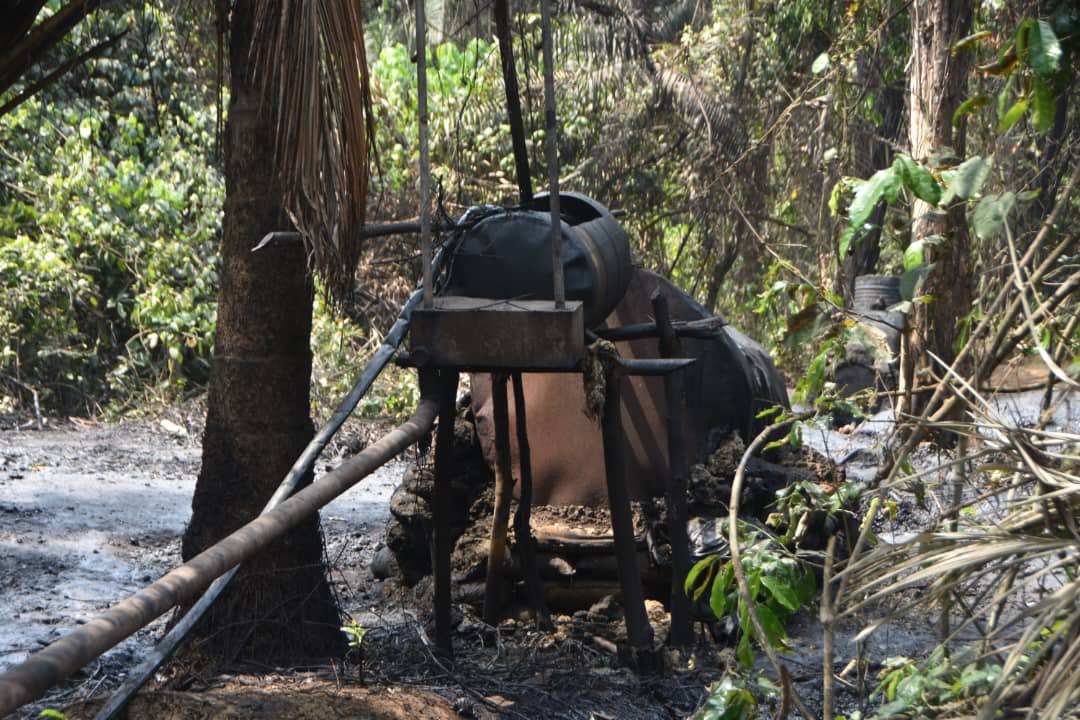
Wale Edun, the minister of finance and coordinating minister of the economy, says Nigeria’s oil production target of 2 million barrels per day (bpd) is achievable.
Edun spoke on Wednesday at a global investors’ forum held on the sidelines of the 2024 annual meetings of the International Monetary Fund (IMF) and the World Bank in Washington DC.
The minister’s optimism comes a year after Nigeria announced the output target on October 14, 2023.
Advertisement
Heineken Lokpobiri, the minister of state for petroleum resources (oil), who had announced the plan, said insecurity was responsible for Nigeria’s poor performance.
Highlighting measures to improve the country’s crude drilling, Edun said the security apparatus and the oil sector in general are geared to produce more oil.
The minister said the oil sector’s fiscal incentives have also been improved.
Advertisement
“The likes of oil and gas production, the likes of Total and ExxonMobil have immediately announced, as a direct result, their willingness to go forward with major investments. So, we expect a lot from there,” he said.
“There is a commitment to get to… the target is 2 million barrels a day. In 2015 or so, we were at 2.3 million barrels a day. So, it’s a very reachable target, which the whole ecosystem, the government, the oil sector, are committed to.”
Edun also told the investors that administrative processes have been improved to allow swift implementation of the investments.
He said the removal of the petrol subsidy “and the related foreign exchange subsidy” means that Nigeria will see “accretive” inflows of funds into the government coffers and the NNPC.
Advertisement
“We know that there is still a demand for foreign exchange for importation to the extent that local refining cannot meet demand,” the minister said.
“To the extent that we have market pricing of petroleum products, we have market pricing of foreign exchange, we can look forward to an accretion in terms of foreign exchange into the reserves of the country. I think those are the two major sources of additional supply.”
Edun also said there is a move to de-dollarise the Nigerian economy by asking local providers of services and regulators to invoice in naira rather than dollars.
This, he said, would reduce the demand for dollars and increase the demand for naira – thereby increasing the prospects of inflows of foreign exchange into the Nigerian economy.
Advertisement
On October 14, the Organisation of Petroleum Exporting Countries (OPEC) had said Nigeria’s daily average crude oil output dropped to 1.32 million bpd in September 2024, below the country’s OPEC quota of 1.5 million bpd.
In a seeming response to OPEC’s data, Lokpobiri, on October 22, directed the Nigerian Upstream Petroleum Regulatory Commission (NUPRC) to increase oil production to 2.5 million barrels per day (bpd) within two years.
Advertisement
Add a comment

